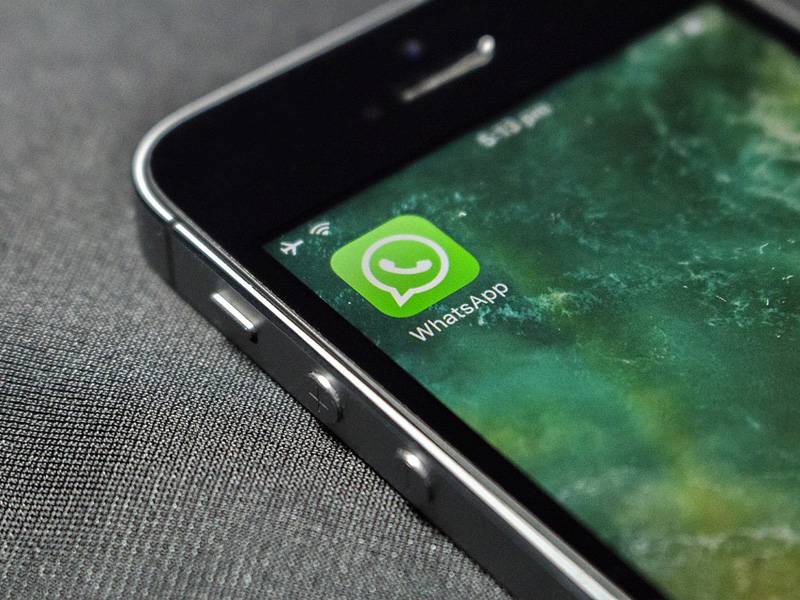Due to its massive user base, WhatsApp, the Facebook-owned company, is frequently targeted by fraudsters and scams. At present, the immediate messaging app is once more being utilized to broadcast a new scam in the U.K. This is done with the aim of tricking consumers into revealing details of their bank account.
Action Fraud, cybercrime and fraud center of the U.K., has subjected an alert against the current fraud, coupled with a screenshot of the false WhatsApp text that is being utilized for the same purpose.
The message, which is supposedly signed by “WhatsApp Group,” reads, “Our records indicate that your WhatsApp trial service is exceeding the one year period. At the completion of the trial period, your WhatsApp will no longer be able to send or receive messages. To continue using WhatsApp without interruption, we need you to subscribe for any of our subscription periods.”

The message then gives a link to a user portal for customers to log in with their mobile number, for updating their “payment data.”
A same scam was reported in previous month, tricking consumers into paying fees by citing that their subscription to WhatsApp has been expired.
A report by a website cited, “Users are being targeted by a text that reads ‘your subscription has expired, and to verify your account and purchase a lifetime subscription for just 0.99 GBP simply tap on this link.'”
Even though the con is going on in the U.K., given the large user base of WhatsApp in India, it might not take time for something analogous to come here as well. The messaging service has been entirely free to use and download on all platforms from January 2016, when it slashed off the small charge for annual subscription. In order to continue using WhatsApp, users were needed to pay that amount.
Lately, WhatsApp got permission to enter into a joint venture with various banks from National Payments Corporation of India (NPCI), in order to enable users carry out in-app money transfers and payments using the Unified Payments Interface (UPI). UPI allows account-to-account payments without having any details of the beneficiary bank from a mobile app.